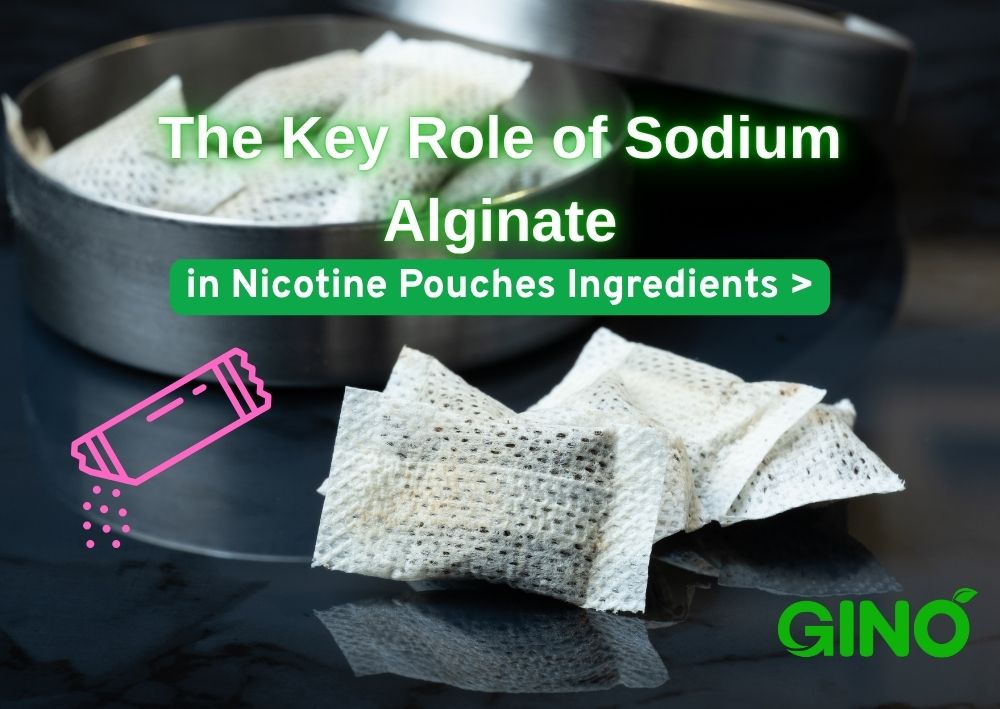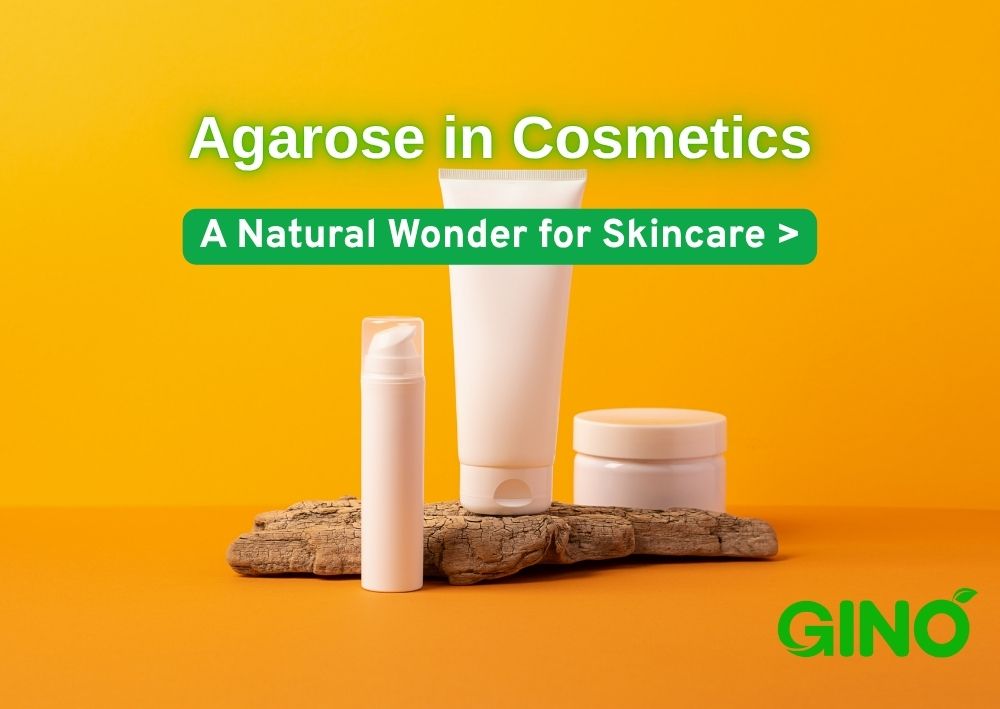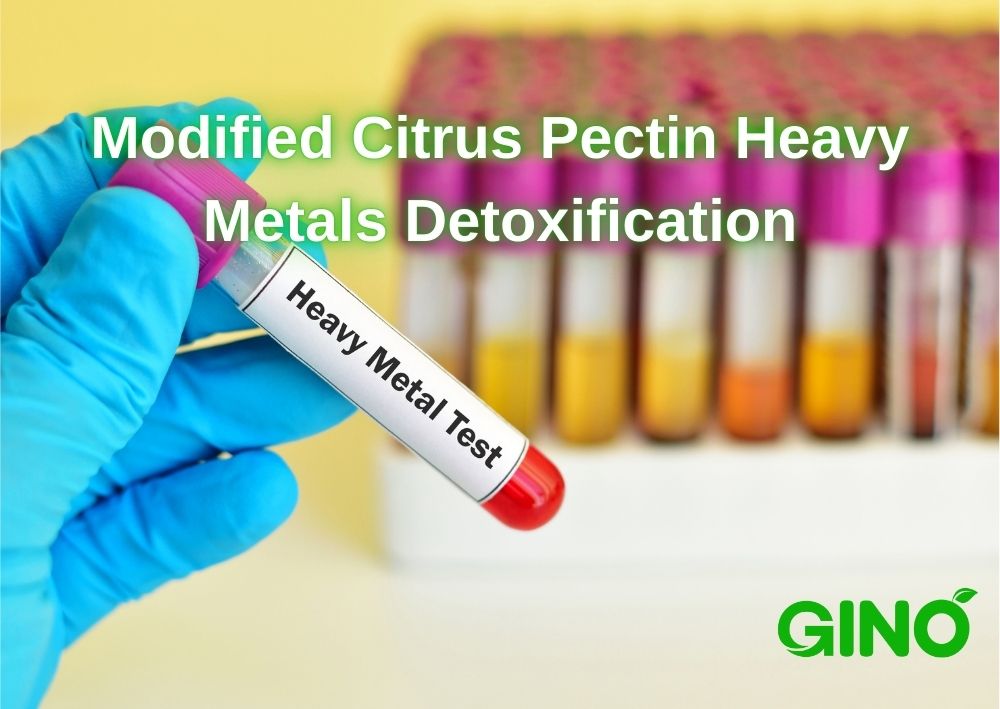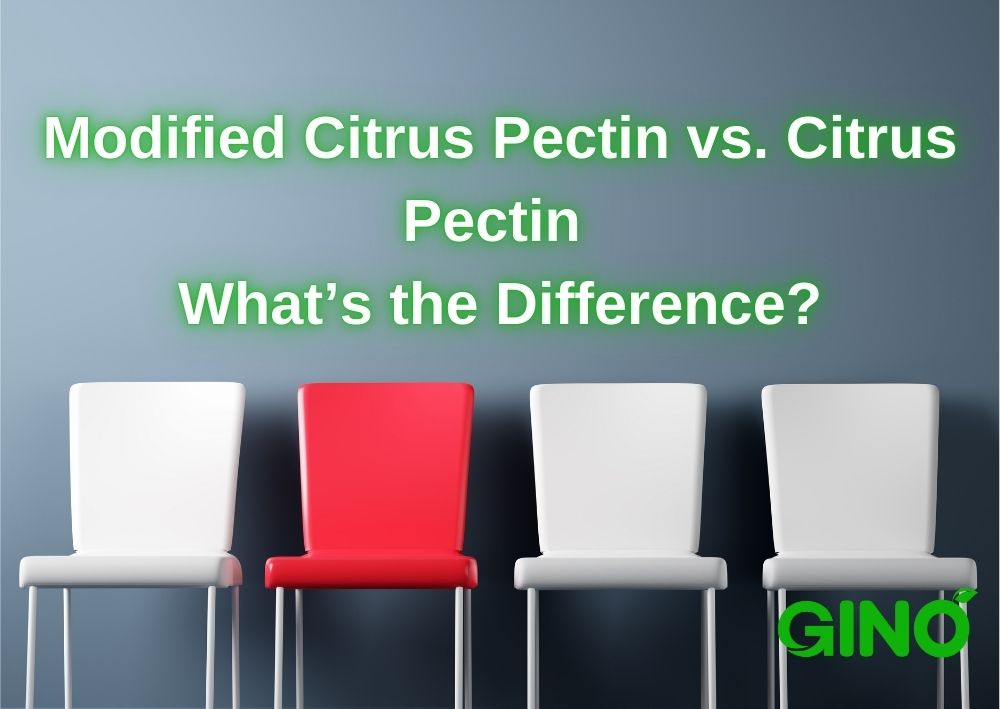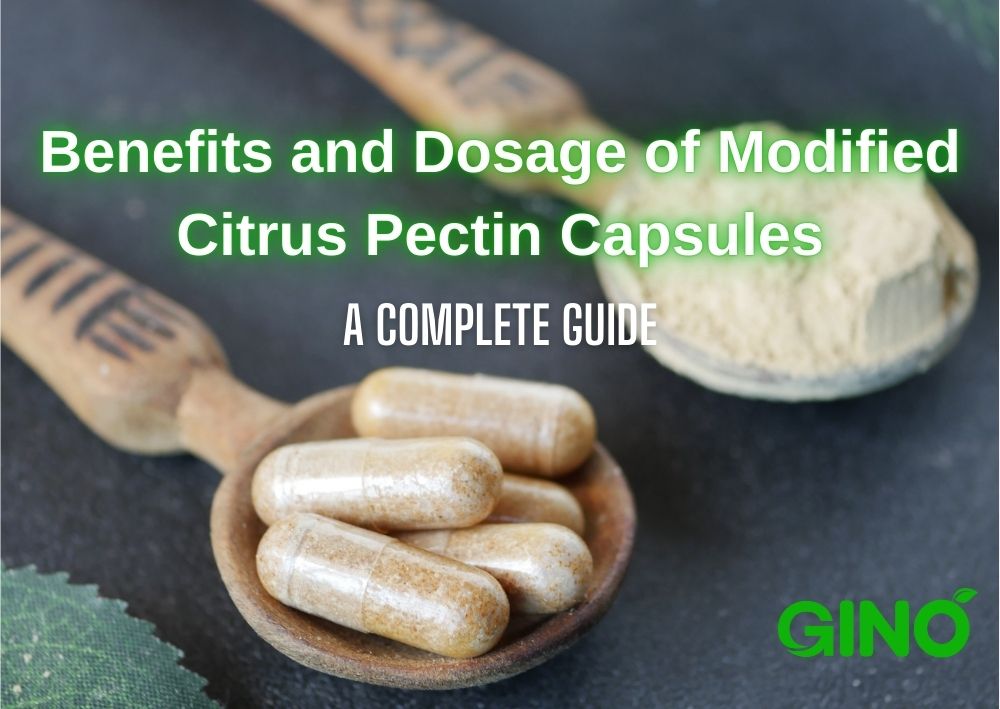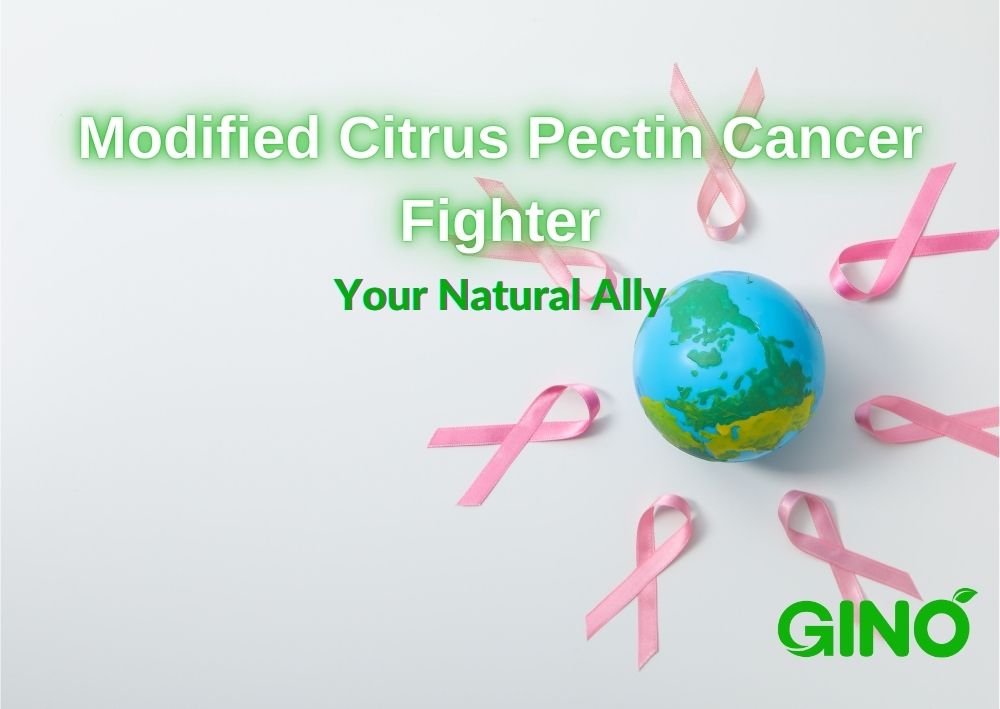
Is Carrageenan Halal? Exploring Its Halal Status
Is Carrageenan Halal?
1. Introduction
Carrageenan is a popular food additive derived from red seaweed, commonly used as a thickening, gelling, and stabilizing agent in various food products.
Given its widespread use, many consumers, especially those adhering to halal dietary guidelines, often wonder, "Is carrageenan halal?"
Its halal status has been a topic of discussion among Muslim communities, emphasizing its origin, processing methods, and adherence to Islamic dietary laws.
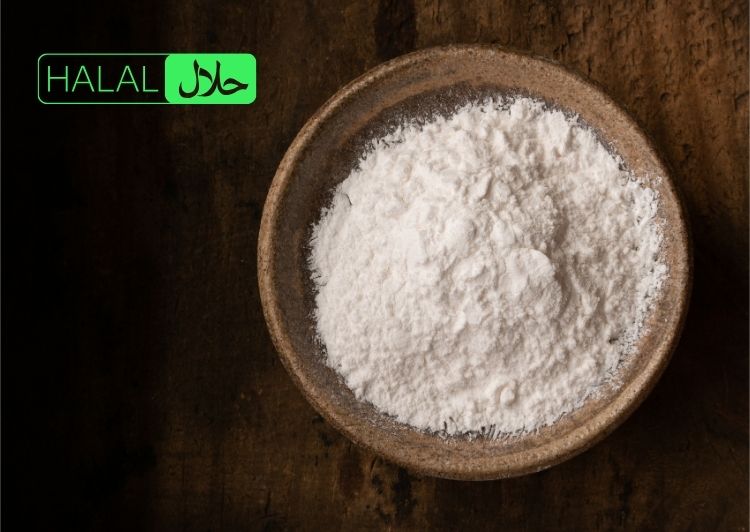
2. Understanding Carrageenan
Carrageenan is extracted from red seaweed and is utilized in various food products, such as dairy alternatives, processed meats, and toothpaste.
The type used in food is undegraded carrageenan, which is considered safe and does not pose the health concerns associated with degraded forms.
3. Is Carrageenan Halal? Halal Considerations
To be considered halal, carrageenan must meet specific criteria:
Source: Carrageenan is sourced from seaweed, a permissible plant source in Islamic dietary laws. The type of seaweed and its harvesting methods are important factors in determining its halal status.
Processing: The processing of carrageenan should not involve any non-halal substances or processes. This ensures compliance with Islamic guidelines regarding food purity and integrity.
Health and Safety: Carrageenan has been deemed safe by regulatory bodies like the FDA and EFSA, affirming its suitability for use in food products.
4. Scholarly Opinions & Halal Certification
Islamic scholars generally agree that carrageenan, when sourced and processed under halal conditions, is permissible for consumption. They emphasize the importance of adherence to halal standards throughout the manufacturing process.
To provide assurance to Muslim consumers, some carrageenan manufacturers obtain halal certification for products containing carrageenan. This certification involves rigorous inspection and verification of sourcing, processing methods, and compliance with Islamic dietary laws.
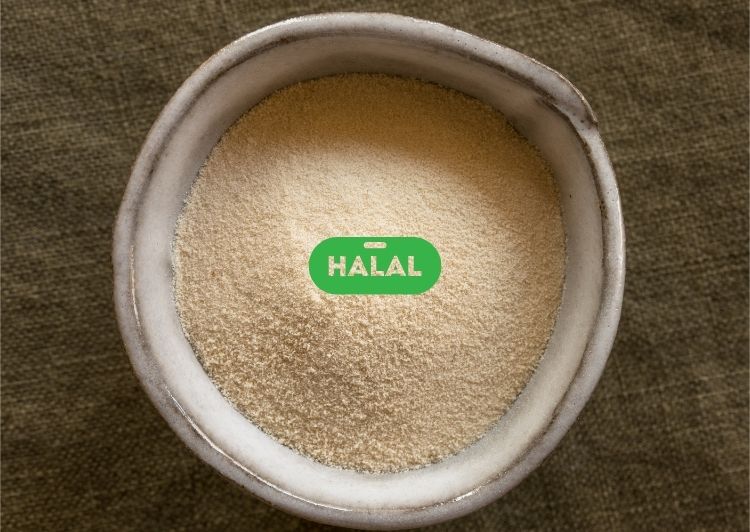
Conclusion
In conclusion, carrageenan derived from permissible seaweed and processed under halal conditions is generally accepted as halal by Islamic scholars and organizations.
It serves as a versatile food additive, ensuring texture and stability in various food products without compromising halal principles.
Understanding these considerations allows Muslim consumers to make informed choices aligned with their religious beliefs when selecting products containing carrageenan.
Your Trusted Carrageenan Supplier
As a trusted carrageenan supplier, we ensure that our products meet the highest standards of halal compliance.
Our commitment to quality and adherence to Islamic dietary guidelines allows consumers to make informed choices aligned with their religious beliefs when selecting carrageenan-containing products.
Contact us
